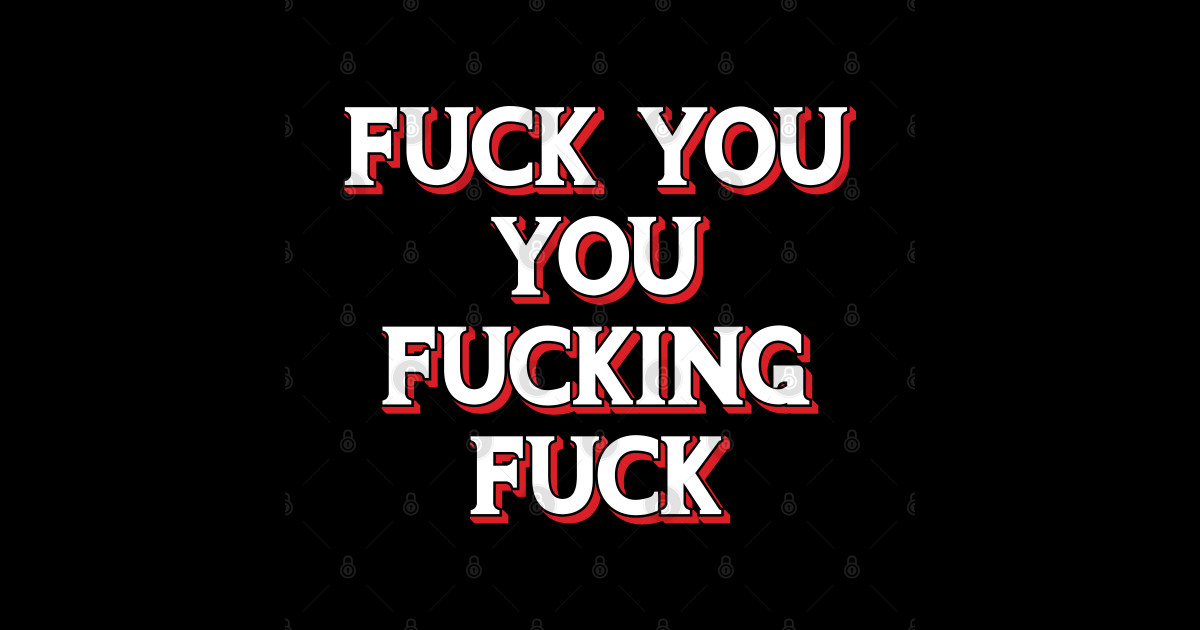Where The F*** Is That Function? Navigating The Labyrinth Of Code And Frustration
We've all been there. Staring at a screen, lines of code blurring into an incomprehensible mess, documentation proving useless, and a deadline looming like a hungry monster. You know there's a function, a method, a piece of logic that does exactly what you need, but for the life of you, you can't find it. In that moment of pure, unadulterated exasperation, a phrase often escapes our lips (or at least our internal monologue): "Where the fuck the function?"
It’s a raw, visceral expression of frustration, a primal scream into the digital void. But why this particular phrase? Why does the word "fuck," with all its baggage and power, so perfectly encapsulate the agony of the elusive function? Let's dive into the linguistic and psychological depths of this common developer's lament.
The Anatomy of Frustration: When Code Becomes a Maze
The quest for the missing function isn't unique to programming. It’s the universal experience of searching for something crucial that seems to have vanished into thin air. Think about misplacing your keys, trying to find a specific file on a cluttered hard drive, or navigating a complex bureaucratic system. The feeling is the same: a growing sense of helplessness mixed with irritation.
The Universal Search for the Elusive
In the context of software development, this frustration is amplified by several factors:
- Legacy Code: Diving into a codebase written by someone else (or even your past self) years ago, with cryptic variable names and undocumented logic.
- New Frameworks/APIs: Trying to grasp a vast new library where you know the functionality exists, but the naming conventions or structure are completely alien.
- Debugging Nightmares: Tracing an error, knowing it stems from a particular operation, but unable to pinpoint the exact function responsible.
- Missing Documentation: The bane of every developer's existence. When the map is missing, every path feels like a dead end.
- Over-Abstraction: When functions call functions that call functions, creating a rabbit hole that seems to have no bottom.
Each of these scenarios builds a pressure cooker of stress, and when the lid finally blows, out comes the profanity.
The Emotional Core: Why "Fuck"?
The word "fuck" isn't just a placeholder for anger; it's a linguistic Swiss Army knife of emotion. While its primary and most offensive meaning is related to sexual intercourse, its power lies in its versatility as an intensifier and an expression of extreme emotion. As the data suggests, "Fuck is profanity in the English language that often refers to the act of sexual intercourse, but is also commonly used as an intensifier or to convey disdain."
When you exclaim "Where the fuck the function?", you're not just asking a question; you're expressing:
- Extreme Anger/Disgust: "A rude word used when expressing extreme anger…" and "An expression of strong disgust or anger (often in exclamatory phrases such as fuck you)." The frustration has reached its peak.
- Intensification: It's not just "where is the function?", but "WHERE, in the most infuriating, mind-boggling, soul-crushing way, IS this function?!" "Its main meaning is have sex, but it has hundreds of other uses." This highlights its role as an amplifier.
- Despair/Helplessness: The feeling of being completely lost, of not caring at all because the effort feels futile. "Not care a fuck not give a fuck not to care at all interj offensive an."
Deciphering "Fuck": A Linguistic Dive into Profanity
To truly understand why "fuck" fits so well into our frustrated lexicon, it's worth exploring its linguistic roots and multifaceted usage. It’s a word that punches above its weight, carrying immense emotional charge.
More Than Just Sex: The Versatility of a Taboo Word
While "The meaning of fuck is copulate" and it is "a rude word meaning to have sex with someone," its common usage extends far beyond this literal definition. It's "one of the most common words in English — it's also one of the most offensive." This dual nature—ubiquitous yet taboo—gives it its unique power.
Consider its use as an intensifier: "It's fucking cold," "That was a fucking amazing movie," or in our case, "Where the fucking function is?" Here, it doesn't add sexual meaning but rather amplifies the adjective or the question, conveying the speaker's strong feelings.
The Obscure Origins of a Powerful Word
The exact origin of "fuck" is "obscure," but linguistic research points to a Germanic lineage. "We know that fuck is of Germanic origin, with a root that means to strike or to move back and forth." It's important to note the distinction: "Note that is Germanic and not German—an important distinction." This ancient root, meaning to "strike" or "move back and forth," can subtly resonate with the act of frantically searching, scrolling, and debugging, moving back and forth through code trying to "strike" upon the solution.
This deep, almost primal origin, combined with its modern usage as an exclamation of anger or disgust, makes it the perfect word to express the raw, unrefined frustration of a developer staring at a blank screen or a cryptic error message.
The Quest for the Elusive Function: Strategies to Mitigate the "Fuck" Moment
While the occasional outburst is a natural human response, repeatedly finding yourself in the "where the fuck the function" predicament can be draining. Fortunately, there are strategies to minimize these moments of despair.
Common Culprits Behind the Missing Function
Understanding why functions go missing (or seem to) is the first step:
- Poor Naming Conventions: Vague or inconsistent naming makes functions invisible.
- Lack of Documentation: If it's not documented, it might as well not exist to someone new to the codebase.
- Overly Complex Architecture: Deeply nested directories, excessive inheritance, or microservices gone wild can make tracing logic a nightmare.
- Ignoring IDE Features: Modern IDEs are powerful; not using their search, "go to definition," or "find usages" features is like driving blindfolded.
- "Magic" Frameworks: Frameworks that do too much behind the scenes can hide the actual function calls.
Strategies to Avoid the "Fuck" Moment
Here’s how to reduce the frequency of those profanity-laden searches:
- Document Everything (Sensibly): Not just what a function does, but why it exists, its inputs, outputs, and any side effects. Good documentation is like a well-lit path.
- Adopt Clear Naming Conventions: Functions should be verbs, variables nouns, and their names should clearly indicate their purpose. Consistency is key.
- Utilize Your IDE's Power: Learn keyboard shortcuts for "Go to Definition," "Find All References," and global search. These are your best friends.
- Break Down Complexity: Aim for smaller, single-purpose functions. Easier to find, easier to understand.
- Understand the Framework/Library: Invest time in reading the official documentation and tutorials of any new tool you use. It pays off in the long run.
- Use Version Control History: If you know when a function was added or changed, Git blame or history tools can help you trace its origins.
- Rubber Duck Debugging: Explaining your problem out loud to an inanimate object (or a colleague) often helps you discover the answer yourself.
- Take a Break: Sometimes, stepping away from the screen for 15 minutes can clear your head and help you spot the obvious.
Conclusion
The phrase "where the fuck the function" is more than just a string of words; it's a universal cry of frustration, a linguistic pressure valve for anyone grappling with complexity and elusiveness in their work. The word "fuck," with its Germanic roots signifying movement and striking, and its modern usage as a powerful intensifier and expression of extreme anger, perfectly captures the raw emotion of being lost in a sea of code. While we may never entirely eliminate these moments of exasperation, by adopting better practices in documentation, naming, and utilizing our tools effectively, we can certainly reduce their frequency and perhaps, just perhaps, replace that frustrated expletive with a quiet sigh of relief.
Final Summary: This article explores the common developer's lament, "where the fuck the function," analyzing why this particular profanity is chosen to express the frustration of searching for elusive code. It delves into the linguistic versatility of "fuck" as an intensifier and an expression of extreme anger, drawing on its Germanic origins. The piece outlines common scenarios leading to such frustration and provides practical strategies, like good documentation, clear naming, and effective use of IDEs, to mitigate these "fuck" moments and improve the development workflow.

No One Can Trademark the Word ‘Fuck’

Fuck (2005) - Photos - IMDb

Fuck You You Fucking Fuck - Fuck You You Fucking Fuck - Sticker | TeePublic